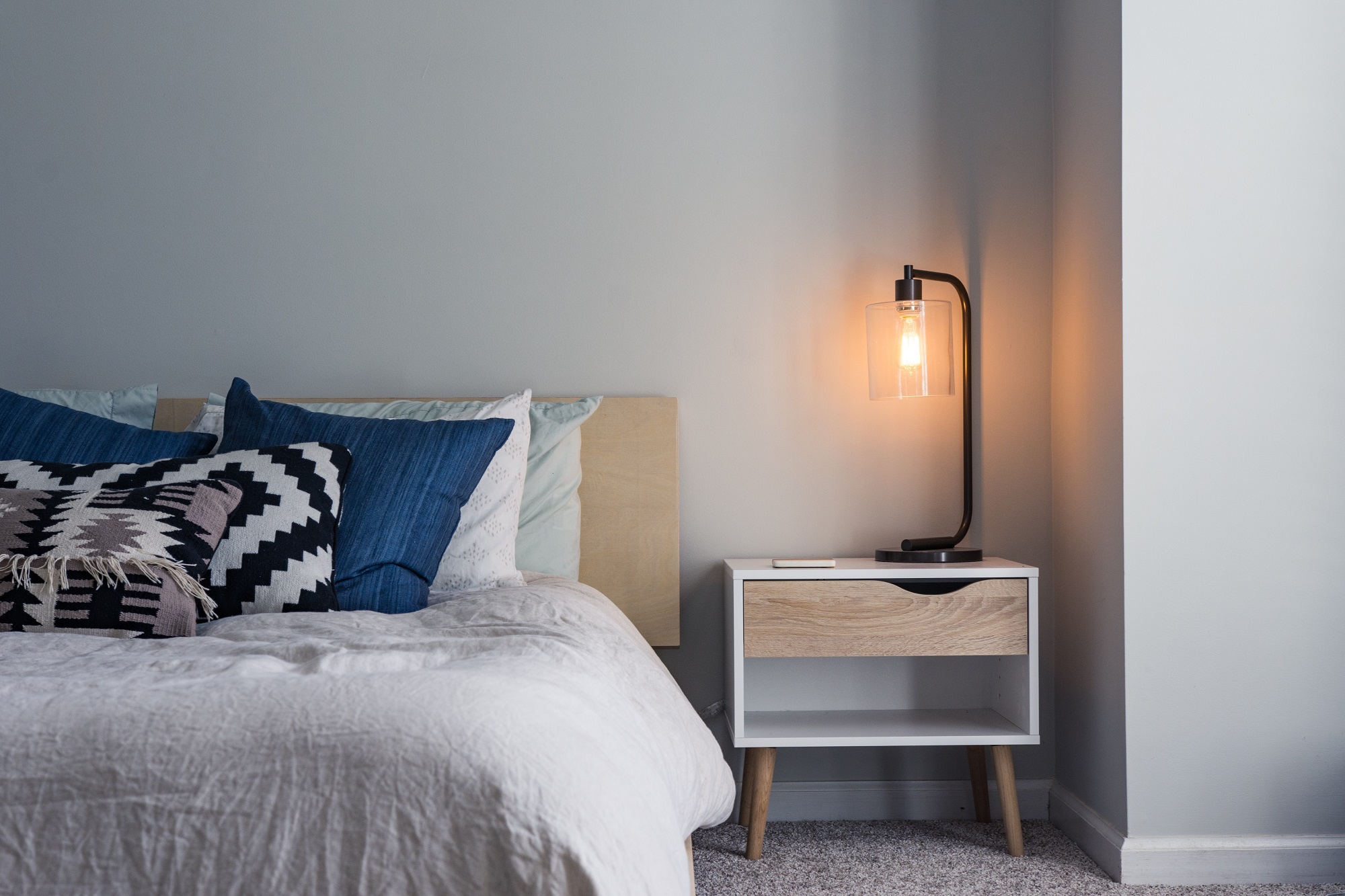Lewy Body Dementia (LBD) is the second most common type of progressive dementia and approximately 1.4 million Americans have been diagnosed with this condition. Since Lewy Body Dementia symptoms are often similar to other diseases, it’s notoriously difficult to diagnose. However, receiving a timely and accurate diagnosis is essential for treating the disease appropriately. Symptoms of Lewy Body Dementia often include sleep disorders in addition to changes in cognition, movement, and mood. Here, we share more about the sleep disorders associated with LBD so you can be aware of what to watch for.
REM Sleep Behavior Disorder
REM sleep behavior disorder is common among individuals with LBD, although this condition may be difficult to identify if the person sleeps alone. REM sleep behavior disorder causes a person to physically act out his or her dreams, and often involves violent movements and noises such as talking or yelling. This condition is common in people with LBD or Parkinson’s disease, and may also occur when someone starts a new antidepressant.
Excessive Daytime Sleepiness
Although an occasional nap is nothing to worry about, excessive daytime sleepiness may be a sign of LBD. This is often defined as sleeping more than two hours during the day. It’s especially concerning if the person is experiencing a sudden increase in daytime drowsiness (and may be related to poor quality of sleep caused by REM sleep behavior disorder or restless leg syndrome).
Insomnia
Insomnia can strike individuals of any age, and can be acute (lasting one night to a few weeks) or chronic (occurring at least three nights a week for three months or more). If your loved one has mentioned having a hard time falling or staying asleep, it may be beneficial to consult with a medical practitioner.
Restless Legs Syndrome
Restless legs syndrome causes an individual to have an urgent need to move his or her legs. This typically occurs in the evening when sitting or lying down. Restless legs syndrome can begin at any age and generally worsens with age. As you might imagine, having an irresistible urge to move the legs often disrupts sleep.
LBD can present with a host of symptoms, and sleep disorders are a common occurrence with this disease. If your loved one is experiencing trouble sleeping in conjunction with any other Lewy Body Dementia symptoms, arranging an appointment with a medical professional who has experience with LBD is a wise choice. If you need assistance finding medical practitioners or other resources for LBD in your area, our team is here to help. Please feel free to call our helpline at 833-LBDLINE any day of the week, or send us an email at any time.



Do you have any other blogs we can look at and see
Hi Eliyah,
Yes, here is the link to our other blogs: Yes, here is the link for our blogs:
https://lewybodyresourcecenter.org/blog/